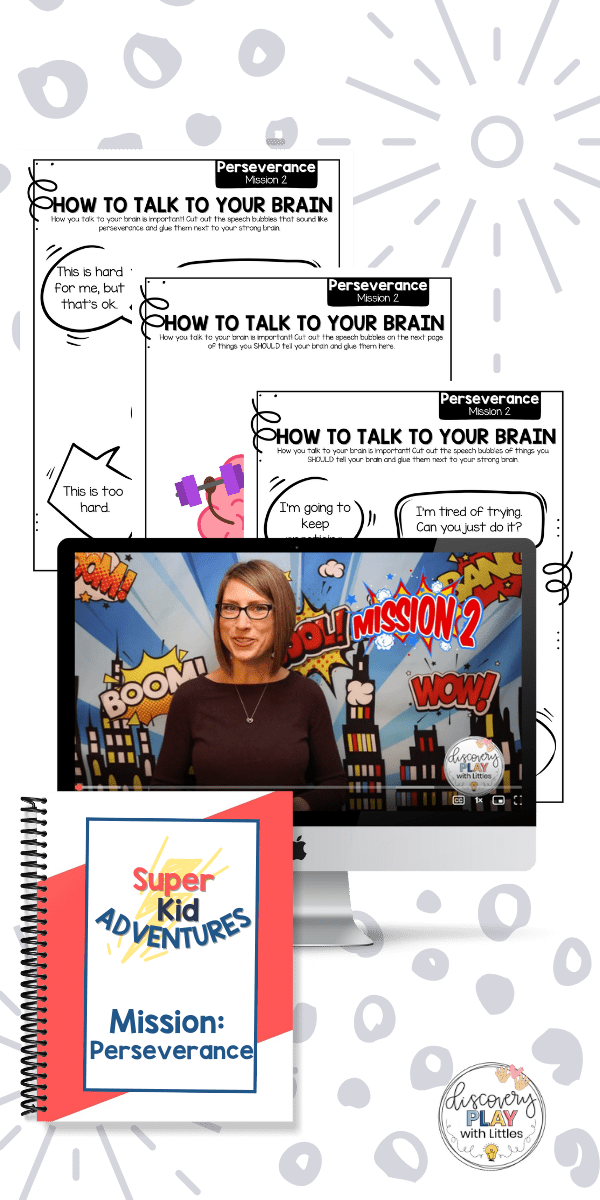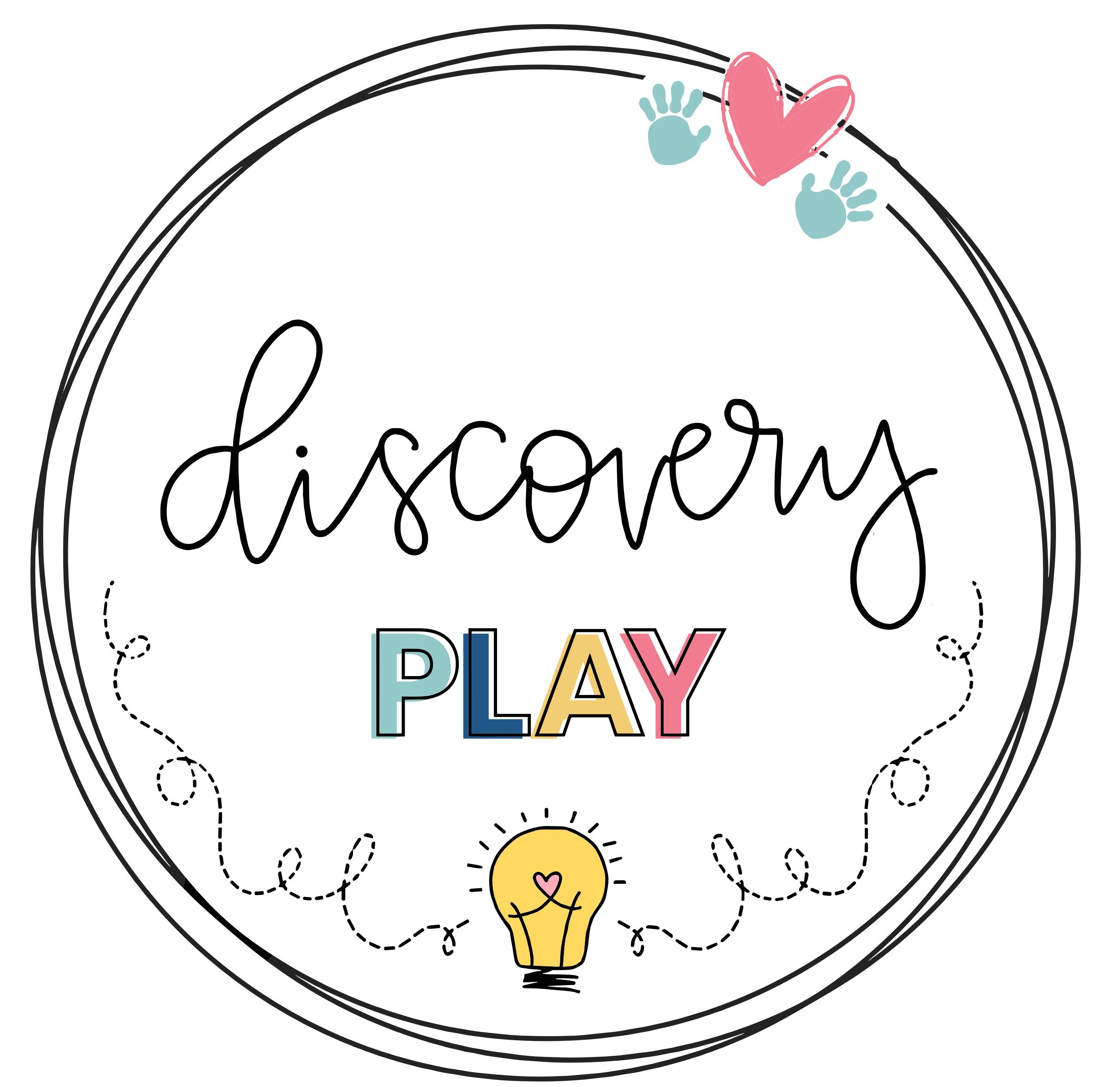I walked around my kindergarten classroom and Liam still hadn’t written a thing. Again. We struggle every day during writing. He is overwhelmed. Thinking of what to write comes easy, but getting it on paper is a different story completely.
Most days he puts his head down on the table, defeated before he even starts.
Writing is difficult for beginning writers. Beginning writers have to sound out every word they want to write before they write it, carefully thinking about the 26 letter sounds they’ve recently learned, and deciding which letter fits in the word they’re trying to spell. When they ask for help, they are often told to “sound it out.” That is frustrating and overwhelming.
Not only are the kids frustrated, but you are overwhelmed. There is so much that needs to be fixed in your child’s writing, spaces, punctuation, capital letters, and the occasional skipped word.
Where to begin and how to go about this without overwhelming your child? After all, the end goal is for your child to love writing. How can we teach them to love writing if we are constantly picking their story apart?

8 Tips To Help Your Child Love Writing
Take the Pressure Off
If your child can’t seem to get started, have them tell you their story out loud. Kids can get overwhelmed by trying to get their stories on paper, and they don’t take the time to plan their story. Take the pressure off by having them plan their story with you.
By telling you what they want to write, you are making the planning stage simpler, so they will be able to get started right away once they have a story in their head.
Make it Fun
As an adult, anytime I write I need fun pens or markers. I always pick pretty paper when I am writing a note to someone. Kids want the same thing.
Eventually, they will have to learn to write with plain white paper and a pencil, but for now allow them to write on construction paper, colored printer paper, or whatever you have on hand.
Bring out your colored pens or skinny markers and allow them to write with those. Grab some decorated pencils and let them write with them. Writing will be more exciting if they have new, interesting tools to use. Better yet- take your kiddo to the store and let them pick their favorites.
You could also set up a writing station with all of these things at their fingertips.

Are you tired of hearing “It’s TOO HARD!” followed by a meltdown?
Using this one simple phrase you’ll get in this powerful lesson, you’ll not only be able to help your kiddo not give up but you’ll:
>Activate their superpower of perseverance so that they can turn around a meltdown and keep trying
>Inspire them to use perseverance…even when it’s hard
>Teach them to recognize the warning signs of giving up, and how to turn it around by taking control of their choices.
Grab your powerful FREE video lesson to teach your kiddo one of the most powerful keys to perseverance.
Brainstorm
I don’t remember learning to write, but I do remember many times staring at a blank sheet of paper in front of me, not having any ideas. Frustrating!
What’s the key? If your child has an idea of what to write about, let them write what they want. The idea is that they are writing, not that they are teaching you about whatever random topic that has been selected for them to write about that day.
Eventually, they will have to learn how to write from a prompt, but as they are learning they will be much more engaged and writing will be much more fun if they are allowed to write about a topic they are interested in.
If you must give a prompt, try giving one that still allows some freedom “tell me a story of a time you did something special with someone in your family…”
If your child still doesn’t have any ideas on what to write about, you can give them a picture of a place and have them make up a story that takes place there. They could look at a picture of kids playing and make up a story of what the kids are doing. Old greeting cards or old calendars are great for this.
Inventive Spelling
Start with Lowercase and Capital Letters
Another easy thing to focus on with a beginning writer is using the correct form of letters. As kids learn to write, they often write in all capital letters. After they grow more confident and master more writing skills, they can start focusing on having capital letters only at the beginning of sentences and the beginning of names.
Tackle Spacing
As your child is writing, have them use their finger to help put spaces in between words. If they are right-handed they will put their left index finger at the end of the word they just wrote and they will start their next word on the other side of their finger.
This will help them know how much space to put in between words. You could also use a popsicle stick. You can decorate their popsicle stick to make it more fun, or draw an astronaut on it and call it a “spaceman.” The spaceman’s job is to help your child know how much space to put in between words.
As an Amazon Associate, I earn from qualifying purchases at no additional cost to you.

Finally, End with Punctuation
If your child is catching on to the other aspects of writing quickly, you can start focusing on ending punctuation. In the beginning, only encourage periods. Once your child seems to be comfortable with where the ending of a sentence is you can discuss different types of sentences and introduce question marks and exclamation points as well.
Celebrate
We All Want to Know WHY
As your child is learning to write, make sure they know they are writing for a purpose. We write to share stories.
Your child has a story to tell. Whether it is something they have experienced or something they imagine, they have a story to tell. Nobody on the planet can tell your story just like you can. We write because we want to share our stories. We want to make people smile. Sometimes we even want to make people laugh. And we write to do that.
Want More?
If you liked this, you’ll love:
Teaching Your Child to Rhyme? 5 Ways to Teach Rhyming Quickly
4 Ways to Help Your Kindergartener with Math at Home
6 Ways to Teach Subitizing and Strengthen Number Sense
Your Turn
How do you encourage your beginning author to share their story through writing?
